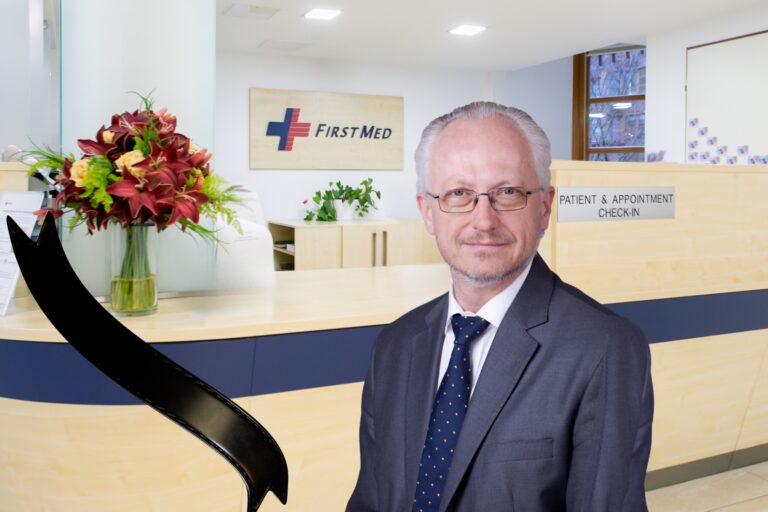Your baby cries day and night and you don’t know what the problem is? Your child is already three yet still in diapers? Meal-times are a disaster that resemble a battleground. You have tried everything but the situation hasn’t improved and you are at the end of your rope. Maybe it’s time for the Integrated Child-Parent (ICP) consultation to new insight.
The ICP is a complex, scientifically proven prevention-intervention based method to cure or alleviate early childhood psychic and psychosomatic illnesses, as well as other regulatory problems. It has been used successfully across a broad spectrum of pediatric care. Dr. Vera Tory, whom you can also read about in this month’s newsletter, is one of only 22 Hungarian doctors who undertook training to become an ICP consultant, helping families in need.
Who is the ideal family for the consultation?
The consultation is recommended for families with small (normally under three, but up to a maximum six years old) children that have regulatory, or behavioral problems, where parents feel they cannot handle the situation by themselves any more. Behavioral symptoms include pervasive crying, sleeping and eating complications, obstipation, extensive somatization, and/or sibling rivalry. The program offers a partnership-based specialized assistance delving into the thought process of the parent.
What does a session look like?
At these consultations doctors do not participate as doctors, but as partners. It is important to point out that consultations may only take place after a medical checkup of the child indicating negative results. Having excluded organic causes for the problem, the focus is on finding psychological roots. ICP is based on the belief that individual psychopathology does not exist in early childhood, therefore you start with parents and their psychological background. During these discussions parent have the opportunity to uncover their own personalities as well, therefore, it is not only the children, but also their parents, who benefit from the therapy. At such occasions many unspoken issues are unearthed that, leaving them untreated, can influence not only the parents’ mental and emotional well-being, but also their children’s. During the consultation there is an attempt to cure the chronic behavioral pattern of the child through changing the viewpoint and habits of the parent.
The child is always present during sessions. It is very important, since the issues discussed may evoke emotional reactions from children as well, even if they are still infants. Even though the child may only be drawing pictures during the conversation, that image might provide an insight to solving the problem. In addition to the child’s presence, it is equally important that the father takes part as well.
The issues of the child can only be fully understood in the context of both parents, not solely the mother’s. The raising of a child is a father’s responsibility just as much as it is of the mother’s, therefore his opinion and suggestions are equally valuable. We provide a chance for both parents to express their points and concerns regarding a given situation. Quoting Dr. Tünde Németh, pediatrician, psychotherapist, and pioneer of the Hungarian ICP training: “Symptoms arising in infants- and early childhood, should be treated through curing the parent-child connection in the presence of both parties.”
How long is a typical therapy?
Sessions are much like mini-psychotherapies, where root causes of issues in question are uncovered. From this am acceptable solution is created being feasible to both parent and child. A huge advantage of an ICP is that it is less time consuming. While psychotherapy can go on for months or years, typically ICP last five to ten sessions, enough for the parents, having gained new perspectives, to react differently to the signs of their child and life can rapidly get back to normal.
Video feedback method
Many parent-child interactions are in a state of disarray. The child asks something, to which the parent does not respond, or it comes too late, or vice versa. Normal working communication is the key to a successful parent-child relationship, just like with other social interaction. During consultations we video interactions like playing together or eating. This allows us to analyze together with the parent afterwards, or rather lets the parent to analyze themselves with the doctor offering targeted questions. Often it is enough that the parent sees herself act, but of course there are cases that require longer and more complex support
In an ideal situation the parents-to-be would begin the prevention even before conception by rewiring their own pathological bonding patterns, thus helping their child develop a safe early bonding structure and maintain a healthy development. If, however, this does not happen at this point one would need to turn to a specialist to identify and resolve the problem in time. There is help out there.
Please enquire at your pediatrician about further details and make appointment to Dr. Tory by calling +36 1 224-9090.




